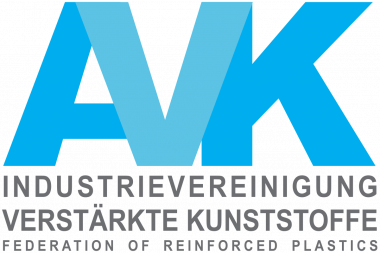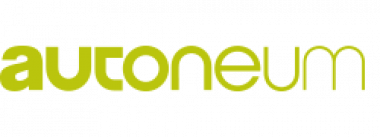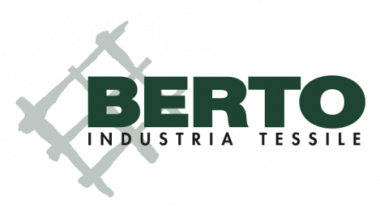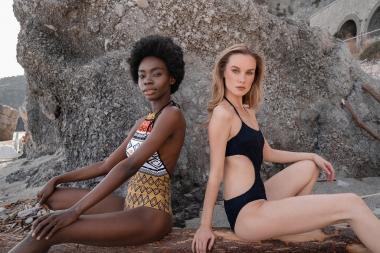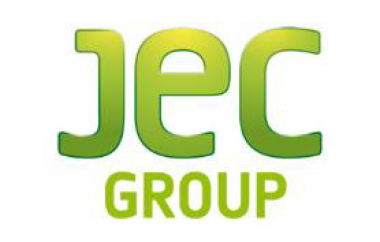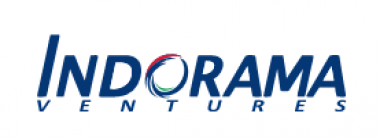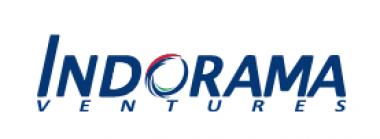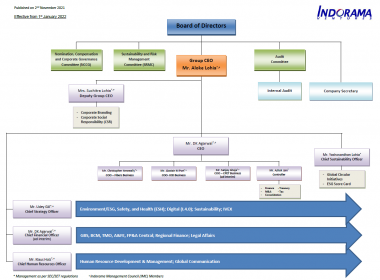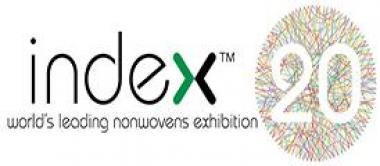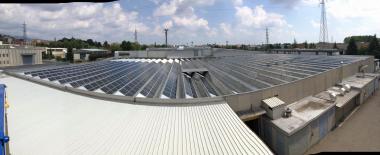Premium Group sets a strong example for the fashion industry
The Premium Group events will take place in Frankfurt am Main in the third week of January 2022, taking into account the 2G+ regulation (all participants have to be vaccinated, recovered and additionally daily tested).
On the basis of the current regulations of the federal government and the Hessian state government, which did not announce any further restrictions for vaccinated people last week, the fashion fairs PREMIUM and SEEK, the FASHIONTECH talks and the showcase of the new format THE GROUND will comply with the official health and hygiene regulations from 18th to January 20, 2022 in Frankfurt am Main.
This decision is based on the representative feedback from many protagonists of the industry, expert opinions and a close observation of the situation as well as an assessment of all measures that can be taken in Europe to ensure a safe event.
Four formats - one large exhibition hall
The conceptual novelty is that the PREMIUM, SEEK, THE GROUND and FASHIONTECH events will - for the first time and once - take place all together in a spacious hall, which roughly corresponds to the entire area of Station Berlin, on a total area of approx. 20,000 square meters. The resulting simplified admission management serves the safety of everyone. In this way, visitors can quickly and comfortably experience all the inspiration and concentrated brand power at once.
In addition to the security aspect, the merger of the two flagship events PREMIUM and SEEK in one large exhibition hall will bring new features, above all, in terms of content and atmosphere. Apart from an unprecedentedly strong brand portfolio, completely new synergies and energies will arise, which will make the meeting in January a unique momentum in the history of the industry.
Numerous brands have already signed-up and despite some decisions for smaller pop-up presentations, instead of large stands, the willingness to start again together and to want to send positive signals prevails! In addition to established players, many new brands also want to show their collections now.
THE GROUND - new generation, new platform
THE GROUND will give an outlook on what can be expected in summer with an exclusive press and influencer event. The Fashion Festival ‘for a young and purpose driven generation’ is an innovative platform for brands to get in direct contact with Gen Z with interactive installations, campaigns and storytelling.
At the preview event in January, 15 curated brands and key partners will present their value-based projects and products. In keynotes and panel talks, THE GROUND is dedicated to the topics most relevant to GEN Z: diversity, inclusion & sustainability.
FASHIONTECH - innovation, inspiration, content
FASHIONTECH is the content platform for fashion, technology and lifestyle. This is where decision-makers, industry insiders, communication experts and innovative minds meet to exchange experiences, discuss potential and developments, generate new leads and promote exchange between the various industries.
In addition to the core events, the Premium Group will also organize its popular evening events - due to the conditions, of course, to a slightly different extent than usual.
PREMIUM Exhibitions GmbH







